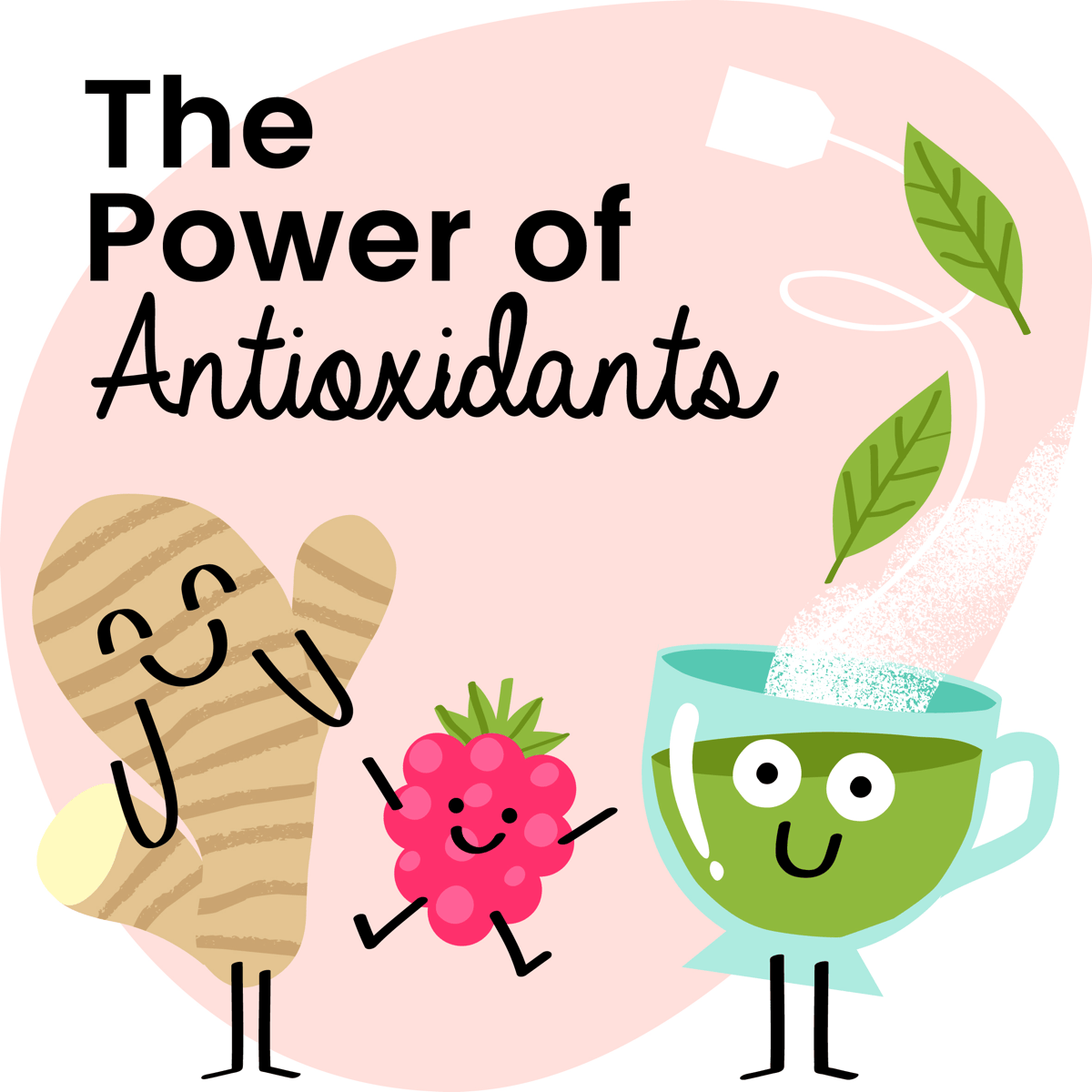Antioxidants are extremely beneficial molecules that are indispensable to cell protection. The good news is that these miracle workers occur all around us in our food.
What are antioxidants?
To understand the function of antioxidants, we need to start with an understanding of free radicals. Free radicals are molecules that the body produces naturally in small quantities. But there are external factors that cause our body to boost its free radical production, such as UV rays from the sun, pollution, tobacco products, alcohol, stress or a poor diet.
When they occur in excessive amounts, free radicals attack our cells, especially the cells’ membranes and genetic code. This means they are involved in premature skin aging, cancer, degenerative disorders (multiple sclerosis, Alzheimer’s disease, etc.), cataracts, arthritis and even cardiovascular disease.
Fortunately, we have a way to combat these free radicals: antioxidants. These molecules that are found in food prevent free radicals from oxidizing — i.e. damaging — our cells. The problem is that our contemporary Western lifestyles cause the body to produce too many free radicals relative to the amount of antioxidants we ingest. As a result, our bodies can no longer defend themselves: they experience the oxidative stress whose consequences we just described. Consuming the right amount of antioxidants is essential in fighting this oxidative stress.
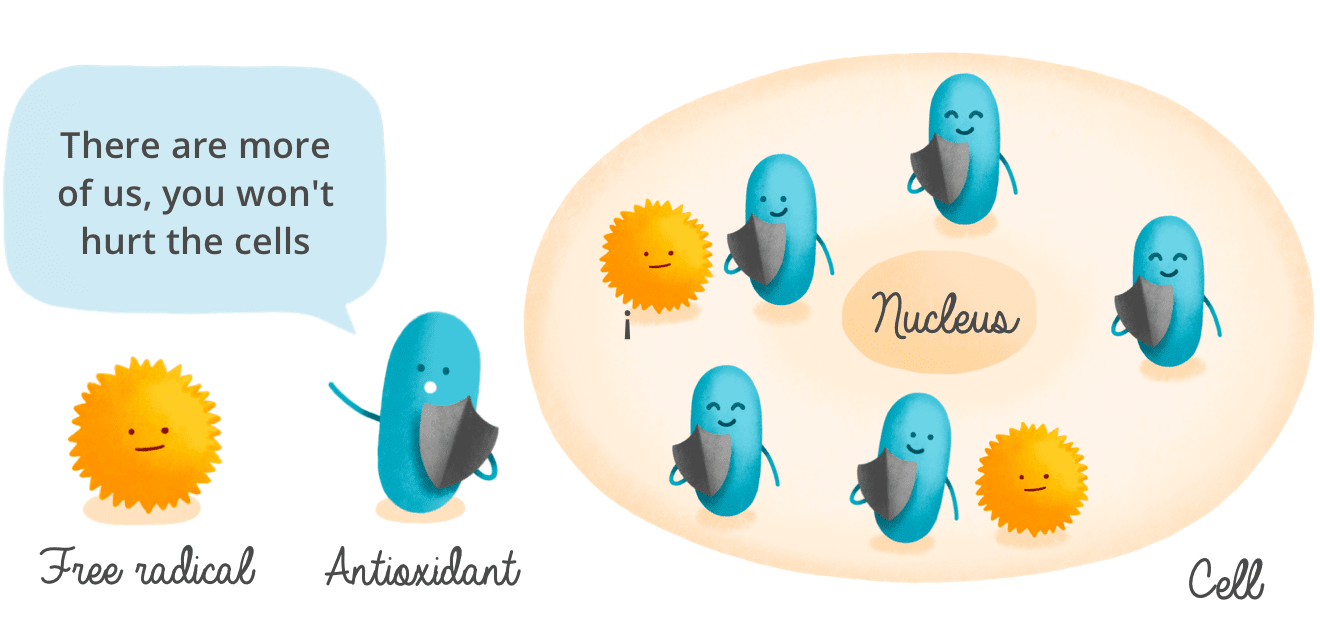
Antioxidants can take many forms, including:
- Vitamins: C, D, E and A
- Minerals: copper, selenium, zinc
- Carotenoids: pigments found mainly in yellow and orange foods
- Polyphenols: substances that occur in plant-based foods (fruits, vegetables, tea, etc.).
Where are these antioxidants?
Antioxidants are contained in most plant-derived foods, especially fruits and vegetables. Eating generous amounts of fruits and vegetables is usually enough to cover the body’s needs. These are foods with particularly high antioxidant properties:
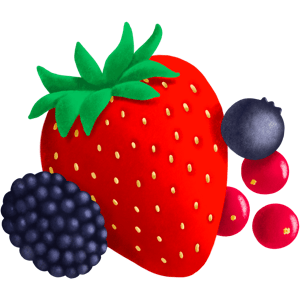 | Berries: blueberries, blackberries, goji berries, acai berries, raspberries, strawberries |
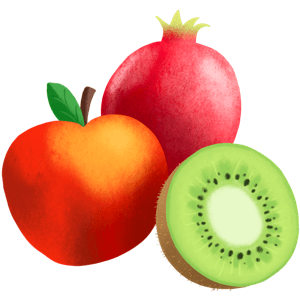 | Other fruits: apples, plums, pomegranates, oranges, kiwis, grapes, figs |
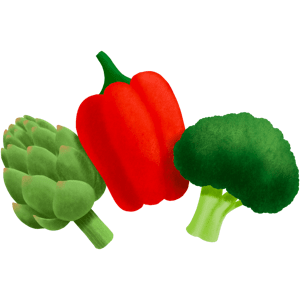 | Vegetables: artichokes, cabbages, broccoli, spinach, bell peppers |
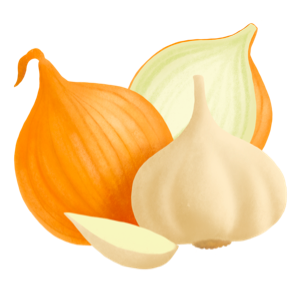 | Allium family: onion, garlic, shallot |
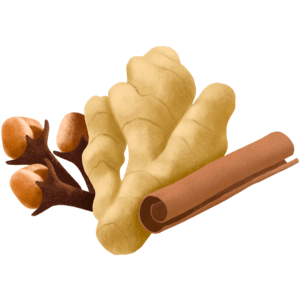 | Spices: cloves, ginger, turmeric, cinnamon |
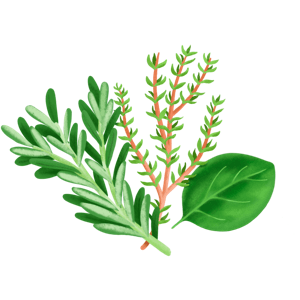 | Herb: thyme, basil, oregano, parsley, chives, dill, mint, rosemary, bay leaf |
 | Hot beverages: tea and coffee |
 | Cacao and chocolate: pure cocoa powder, dark chocolate (at least 70% cacao) |
- Crinnion WJ. Organic foods contain higher levels of certain nutrients, lower levels of pesticides, and may provide health benefits for the consumer. Altern Med Rev. 2010 Apr;15(1):4-12. Review. PubMed PMID: 20359265.
- CBarański M, Srednicka-Tober D, Volakakis N, Seal C, Sanderson R, Stewart GB, Benbrook C, Biavati B, Markellou E, Giotis C, Gromadzka-Ostrowska J, Rembiałkowska E, Skwarło-Sońta K, Tahvonen R, Janovská D, Niggli U, Nicot P, Leifert C. Higher antioxidant and lower cadmium concentrations and lower incidence of pesticide residues in organically grown crops: a systematic literature review and meta-analyses. Br J Nutr. 2014 Sep 14;112(5):794-811. doi: 10.1017/S0007114514001366. Epub 2014 Jun 26. Review. PubMed PMID: 24968103; PubMed Central PMCID: PMC4141693.
- https://presse.inserm.fr/moins-de-cancers-chez-les-consommateurs-daliments-bio/32820/


